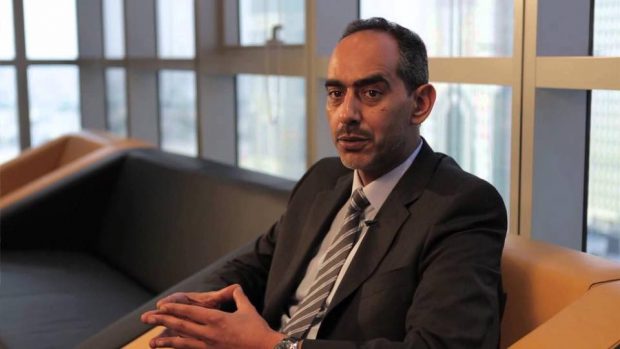Brookings Doha Center: UN-backed Libya government failed, Salame’s new efforts could end political uncertainty

Yousef added that Libyan ordinary citizens have endured the consequences of heightened insecurity and worsening standards of living, saying that the 2015 Skhirat-signed UN-backed political agreement, which aimed to unify the country and stabilize its economy, has fallen short of expectations as progress with its implementation has stalled.
“In view of the potential relapse into uncertainty and conflict, the new U.N. envoy for Libya, Ghassan Salame, is working to breathe new life into the political agreement through an ambitious action plan that could improve the increasingly negative outlook in the country.” Yousef explained.
He also added that unlike the period in the run-up to the Skhirat Agreement, his current efforts will be constrained by the new international political environment affecting Libya. Salame can no longer count on the dedicated backing of the international community—the United States, United Kingdom (U.K.), and Europe—which had invested heavily in the process and largely acted and spoke with one voice between 2014 and 2016.
“At present, the prospects for renewed US commitment under the Trump administration are dim, the U.K. is increasingly distracted by Brexit, and other leading European countries are either engaged in competition for influence or narrowly focused on stemming illegal immigration from Libya.” The CEO added.
Meanwhile, Libya’s Arab neighbors, which stood largely on the sidelines after 2015 when they did not intervene to undermine the political agreement, do not appear any more committed to the U.N. framework.” He said.
Yousef explained that with the Libyan public more polarized and insecure, domestic political and military spoilers will be more emboldened and less constrained in their actions, adding political consensus will be hard to reach and the implementation of any new political agreement will suffer setbacks.
“Under these circumstances, the outlook for Libya in 2018 will remain highly uncertain.” Yousef concluded.
Tarik M. Yousef is a senior fellow in the Global Economy and Development program and the CEO of the Brookings Doha Center. His professional career has spanned the academic world at Georgetown University and the Harvard Kennedy School; the public policy arena at the IMF, the World Bank and the UN; and more recently the NGO space at Silatech. He has served on the advisory boards of development organizations and boards of directors of financial institutions, such as the Central Bank of Libya (CBL).
How to submit an Op-Ed: Libyan Express accepts opinion articles on a wide range of topics. Submissions may be sent to oped@libyanexpress.com. Please include ‘Op-Ed’ in the subject line.
- Libya’s Attorney General calls for swift action on rights investigations - November 24, 2024
- Dbeibah backs elections, rejects military rule in Libya - November 23, 2024
- Spanish consumer watchdog levies heavy fines on airlines over unfair fees - November 23, 2024


